
UN
says (Photo: un.org)" width="300" height="200" /> Libyan peace talks to resume, UN says (Photo: un.org)Tripoli, 5 Rabi’ul Akhir 1436/26 January 2015 (MINA) – The United Nations said Friday that most of Libya’s feuding factions had agreed to meet in Geneva next week to resume talks on ending a conflict that has put the country at risk of economic and social collapse.
The announcement follows days of fighting in Libya’s eastern city of Benghazi.
Talks among Libyan political groups will resume Monday, representatives of influential municipalities will hold discussions on Wednesday and armed militias will enter the talks next Friday, Bernardino Leon the head of the UN Mission in Libya, said in a telephone interview Friday, after days of shuttling between the factions to keep the process alive, Gulfnews quoted by Mi’raj Islamic News Agency (MINA) as reporting.
The talks starting on Monday are “transitional,” Leon said, but the intention is to have the dialogue progress to deal with security issues, including a cease-fire and the withdrawal of armed groups from cities, as well as the formation of a national unity government.
Also Read: Türkiye Issues Arrest Warrant for Netanyahu Over Gaza ‘Genocide’
Representatives of Libya Dawn, the faction controlling the capital, Tripoli, will not attend the meeting in Geneva, but they had agreed to participate in the talks when they returned to Libya, Leon said. All sides had agreed to that move, and the United Nations was assessing a number of proposed sites, he added.
Libya Dawn agreed last weekend to participate in the discussions, which the European Union warned offered a “last chance” to avoid the escalation of a much graver crisis in Libya. The faction pulled out days later in protest after military units linked to the internationally recognized government based in Tobruk seized control of a branch of the central bank, which controls Libyan foreign exchange reserves estimated at nearly $100 billion.
Initial reports that about $1 billion was seized in that attack in Benghazi appear to have been exaggerated, and only a small amount is thought to have been plundered, Leon said. “I don’t expect this to affect their long-term presence in the talks,” he said.
Some hard-line groups in Libya continued to oppose the talks, he said, but it was encouraging that “Libyans themselves are somehow socially sanctioning those who are opposing the dialogue.”
Also Read: Kazakhstan Confirms Joining Abraham Accords
“I think they are fed up with this conflict, and they want now to make sure that these talks will be successful,” he said.(T/P009/R04)
Mi’raj Islamic News Agency (MINA)
Also Read: YouTuber Ms. Rachel Wears Gaza Children’s Artwork Dress at Glamour Magazine Awards





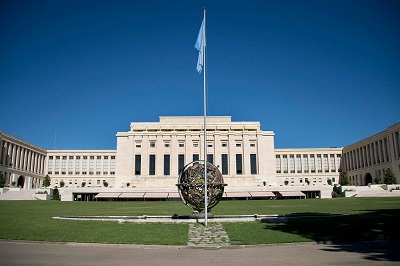

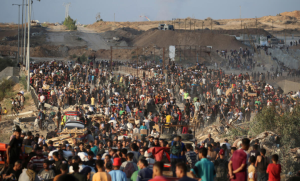
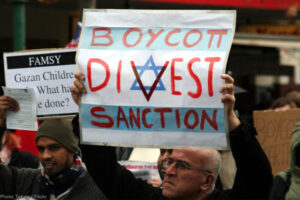
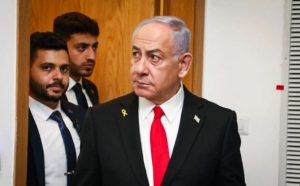


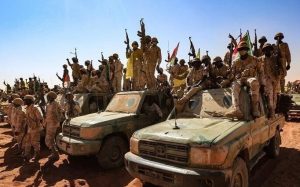
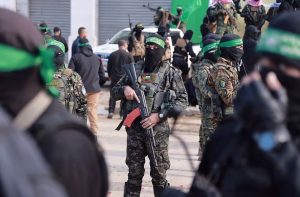
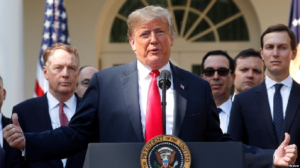
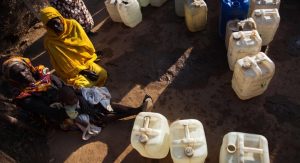




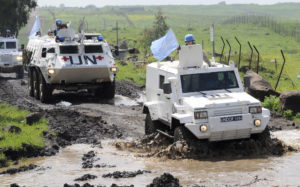




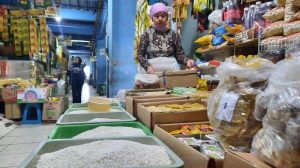
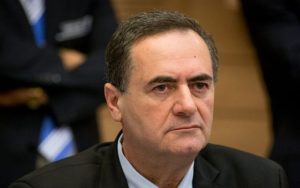


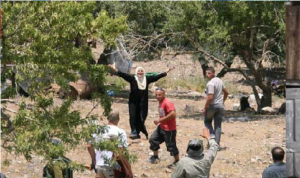




 Mina Indonesia
Mina Indonesia Mina Arabic
Mina Arabic